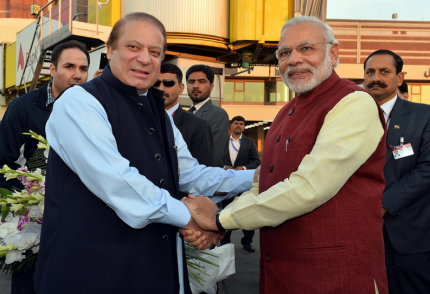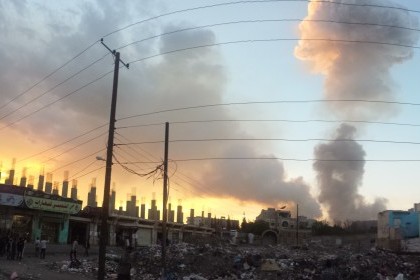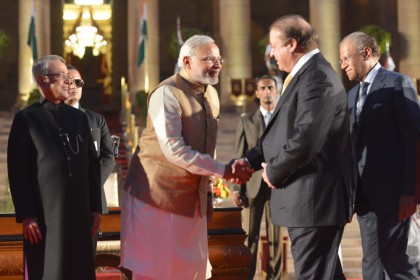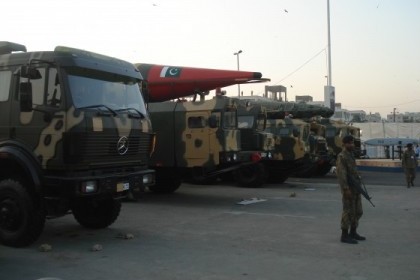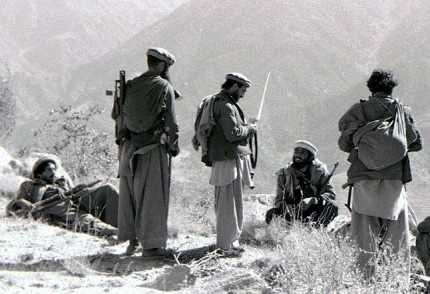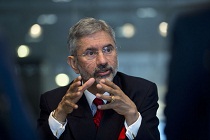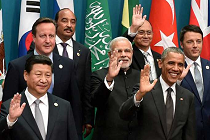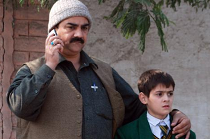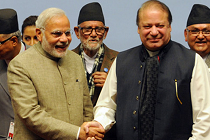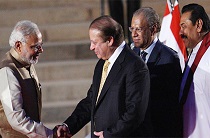New approach to security emergencies
The Pathankot attack reflects a new template of terrorism and is a reminder that India needs a well-coordinated approach to security emergencies. This is particularly necessary as the country has embarked on a bold foreign policy path, daring to tread where we have not gone before, intensifying existing and new engagements and trying to functionalize dysfunctional bilaterals like Pakistan

